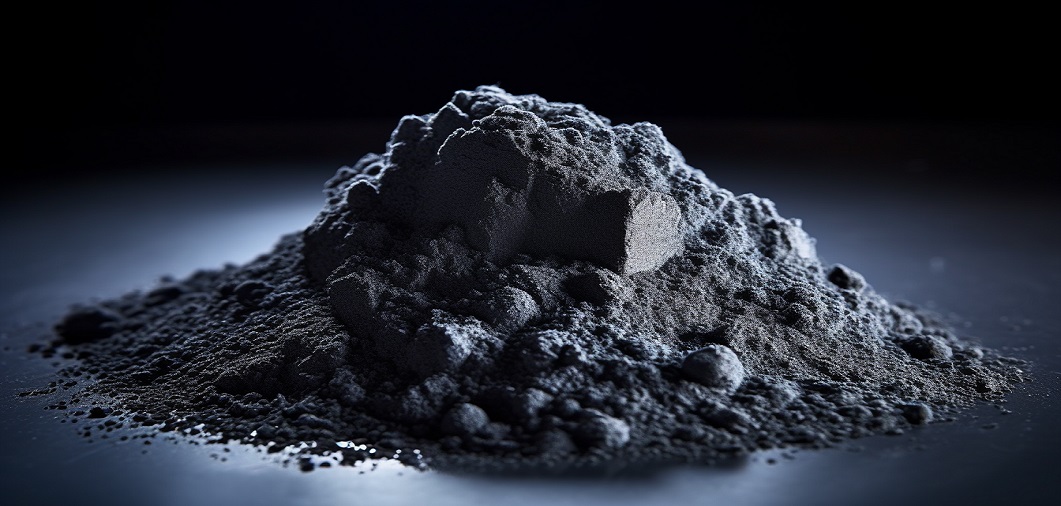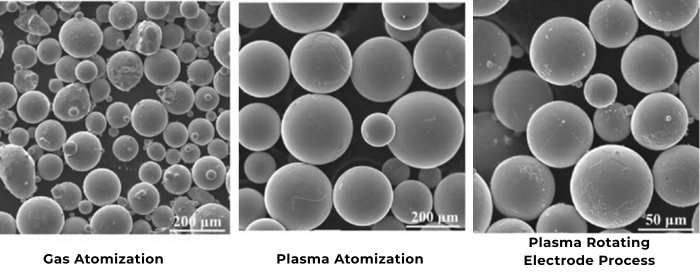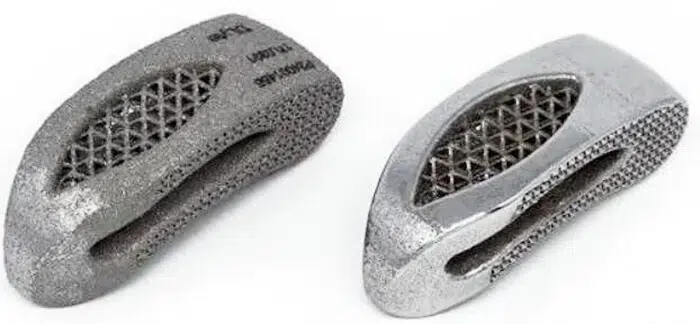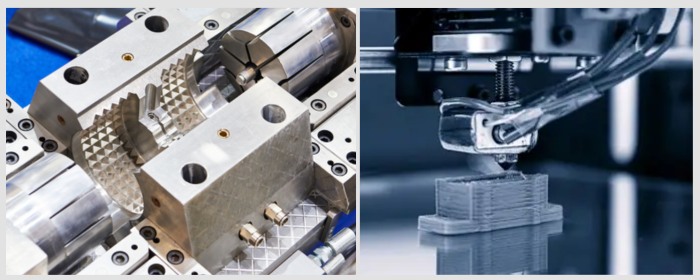

Titanium, renowned for its strength, corrosion resistance, and biocompatibility, has long been a cornerstone material in the realm of medical implants. However, the innovation doesn't stop at the material itself. The emergence of titanium powder technology has brought about a transformative era in the design and manufacturing of medical implants, unlocking new possibilities and improving patient outcomes.
SAM's standard range of metal alloy powder includes a wide range of titanium powder used in, for example, Additive Manufacturing (AM), Hot Isostatic Pressing (HIP), and Metal Injection Moulding (MIM).
| SAM Titanium Powder | Standards* | Ti | Al | V | Fe | O | C | N | H | Y | Other, each | Other, all |
| Ti-6Al-4V-ELI (Grade 23) | UNS R56407 / ASTM, AISI F3001-14 | Bal. | 5.50-6.50 | 3.5-4.5 | ≤0.25 | ≤0.13 | ≤0.08 | ≤0.05 | ≤0.012 | ≤0.005 | ≤0.10 | ≤0.40 |
| CP-Ti (Grade 1) | UNS R56407 | Bal. | - | - | ≤0.2 | ≤0.18 | ≤0.1 | ≤0.03 | ≤0.015 | - | - | - |
| CP-Ti (Grade 2) | UNS R56407 | Bal. | - | - | ≤0.3 | ≤0.25 | ≤0.1 | ≤0.03 | ≤0.015 | - | - | - |

Titanium's inherent properties make it an ideal choice for medical implants. Its strength-to-weight ratio, corrosion resistance, and ability to integrate seamlessly with human tissues make it a preferred material for applications ranging from orthopedics to dental and cardiovascular implants. However, it's the evolution of titanium processing into powder form that is pushing the boundaries of what's achievable in the world of medical science.
The advent of powder metallurgy techniques has revolutionized the production of titanium implants. Traditional manufacturing methods often involve subtractive processes, resulting in material wastage and limitations in intricate design. Titanium powder, on the other hand, enables additive manufacturing techniques like 3D printing, allowing for highly complex and customized implant structures that were once thought impractical or impossible.
One of the most significant advantages of using titanium powder in medical implant manufacturing is the ability to create personalized implants tailored to individual patient needs. 3D printing technology facilitates the production of implants based on precise patient anatomical data, ensuring a perfect fit and optimal functionality. This level of customization enhances the efficacy of the implant, reduces recovery times, and minimizes the risk of complications.
The versatility of titanium powder extends to its ability to be tailored to patient-specific needs. Advances in 3D printing technology, often utilized in conjunction with titanium powder, enable the creation of customized implants designed to match the unique anatomy of individual patients. This level of personalization not only improves the fit and functionality of the implant but also reduces surgery time and enhances postoperative recovery.
The powder metallurgy process also contributes to improved biocompatibility. The ability to create porous structures at the micro and nano levels promotes better osseointegration, where the implant fuses with the surrounding bone. This not only enhances the stability of the implant but also reduces the risk of complications such as inflammation or rejection.
As technology continues to advance, so does the potential for innovation in medical implant manufacturing. Titanium powder's versatility allows for the incorporation of bioactive coatings and drug delivery systems directly into the implant structure. This opens the door to implants that not only replace damaged or missing body parts but also actively contribute to the healing process.
The impact of titanium powder on medical implants goes beyond surface-level enhancements. It represents a paradigm shift in the way we design, manufacture, and perceive medical implants. The marriage of titanium's inherent qualities with cutting-edge powder metallurgy techniques has ushered in an era of personalized, biocompatible, and highly efficient implants, ultimately improving the quality of life for countless individuals. As we delve deeper into this intersection of material science and medical technology, the future holds exciting possibilities for the evolution of titanium implants and, by extension, the field of healthcare itself.







